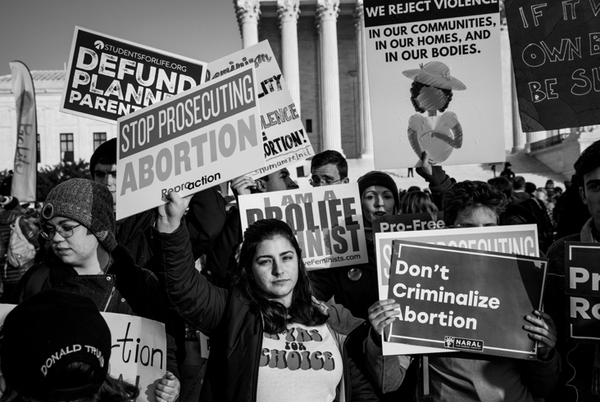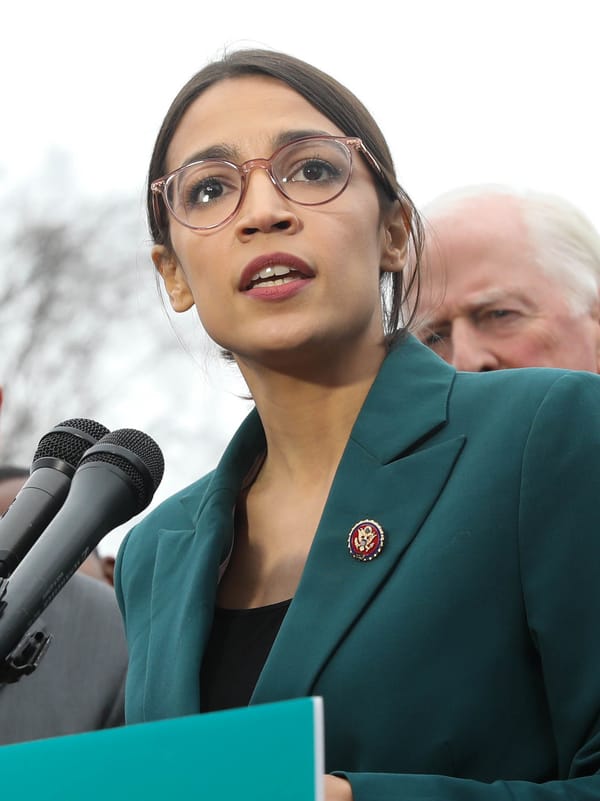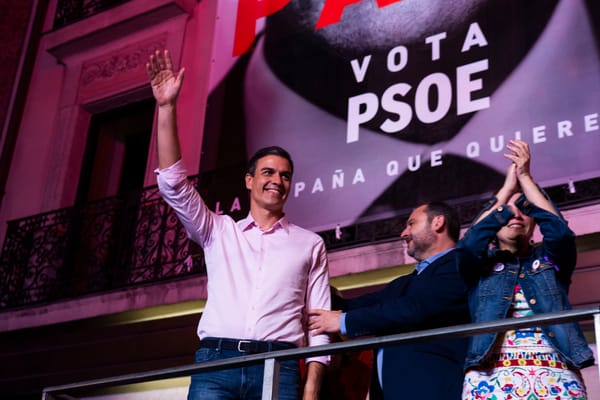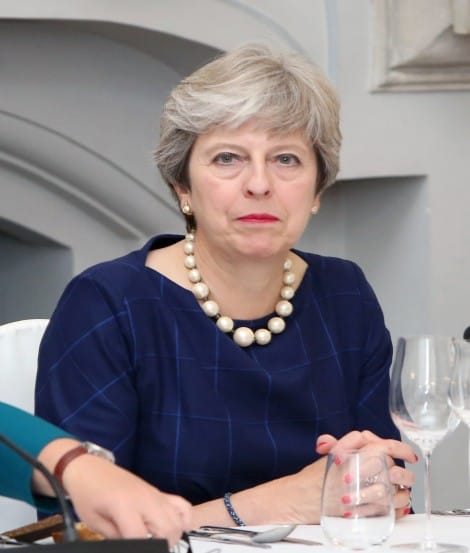Sudan Crisis: An Overview
#IAmTheSudanRevolution

On 19th December 2018, hundreds of people protested in Atbara and several other cities in Sudan against the rising costs of living and dramatic worsening of economic conditions. Even bread, a commodity we take for granted, tripled in price. The protests spread quickly to other cities, including the capital, Khartoum, demanding for President Omar al-Bashir to step down.
Al-Bashir was the ruler of Sudan for a span of thirty years, between June 1989 and April 2019. He is wanted by the International Criminal Court (ICC) for war crimes, genocide and crimes against humanity committed in the Darfur region of Sudan. Since Omar Al-Bashir’s ascension to power, Sudan’s economy has significantly deteriorated. The country’s economy increasingly struggled following the secession of South Sudan in 2011, leading to a devaluation of the Sudanese pound and huge increases in inflation. Without South Sudan’s oil output to help strengthen the Sudanese pound, there was a shortage of cash in circulation. People would have to regularly queue for many hours for petrol, bread and to simply withdraw cash from ATMs.
By early January 2019, deaths were being reported in anti-Bashir protests in the city of Omdurman. Over 800 anti-government protesters (opposition leaders, activists and journalists) had been arrested by the widely feared National Intelligence and Security Service (NISS). On 22nd February, Bashir declared a nationwide year-long state of emergency. As Al Jazeera’s Hiba Morgan said, the state of emergency gives the “military the right to arrest anybody they deem a threat to the country’s national security and economic development.” This would translate to more force being used against protesters.
Also on 22nd February, Al-Bashir announced the dissolving of the government at the federal and provincial levels. All state governors were replaced with military officials. Two days later, security forces attacked universities in the cities of Khartoum and Omdurman, violently beating students with sticks.
On 6th April, thousands protest outside the army headquarters, which also houses president Al-Bashir’s residence. This was organised by the Sudanese Professionals Association (SPA), a union which has taken an increasingly prominent role in these anti-government protests. As the sit-in at the military headquarters continued throughout the week, social media was blocked and the power was cut all over Sudan. Over the weekend, the rapid reaction force of the secret services was trying to attack protestors coming from the north and the army took the side of the protestors and fired back. This resulted in six deaths, 57 injuries and 2500 arrests in the capital.
On 11th April, the army announced that Bashir has been removed from power and detained. It was also declared that a Transitional Military Council will be replacing Bashir for two years. The TMC is currently headed by career soldier, General Abdel Fattah al-Burhan, after public pressure forced General Awad Ibn Ouf to resign as leader only one day after the coup d’état. On 15th April, marking the tenth day of protests outside army headquarters, demonstrators demanded a power transfer to a new civilian government. Protest leaders announced plans to create their own transitional council if the TMC refused to step aside. TMC leader, al-Burhan maintained that the TMC was “committed to handing over power to the people.” However, protest leaders did not believe that the military junta was serious about transferring power to civilians and that the council consisted of remnants of al-Bashir’s regime. As a result, protests intensified.
On 24th April, in response to the protestors’ demands, three military council generals submitted their resignations. Three days later, an agreement was reached to form a joint civilian military ruling council. On 15th May, a three-year transition period to full civilian administration was agreed. However, as both sides wanted to have a majority, talks between protestors and the military council became deadlocked with no accord on the make-up of the ruling body. This resulted in the launch of a two-day national strike to put pressure on the ruling military to hand over power to a civilian-led authority. The SPA encouraged people to show up at work but to refrain from any activity. A group of employees were heard chanting “freedom, peace, justice and a civilian-led authority is the choice of the people” outside the Byblos Bank headquarters. General Mohammed Hamdan Dagalo (commonly known as Hemedti, deputy head of the military council) criticised the strike, saying, “this situation doesn’t lead the country forward” and that “we are part of the revolution, without the armed forces and without the security apparatus, Omar al-Bashir would stay in power until now.”
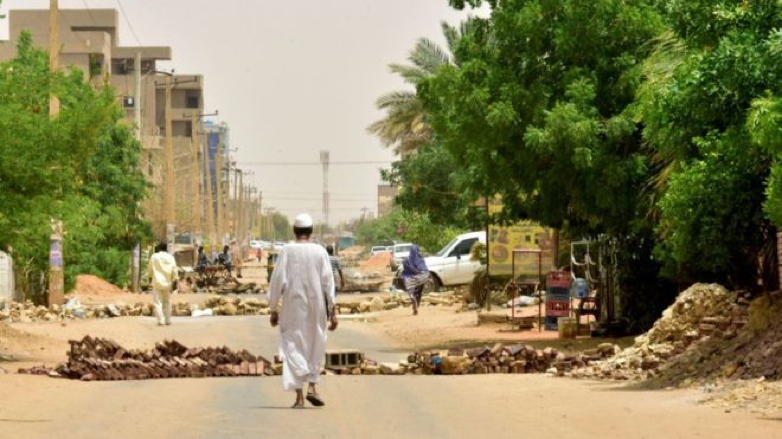
On 3rd June, the TMC’s security forces, including the Rapid Support Forces (RSF, formerly the Janjaweed) led by Hemedti, used force to disperse thousands camped at the army headquarters. Live ammunition was used, as well as physical assault and sexual violence. This coincided with a shutdown of the internet imposing a de facto media blackout. More than 100 civilians were killed and 750 seriously injured in the Khartoum massacre. Security forces also opened fire on protestors inside medical facilities. The World Health Organization (WHO) stated that emergency and health services were forced to shut down. Tent clinics set up to treat wounded protestors were destroyed and healthcare workers assaulted. Furthermore, at least 40 bodies were found dumped in the River Nile and many remain missing. Sudanese political cartoonist, Khalid Albaih, described Dagalo as “Sudan’s version of Saudi Crown Prince Mohammed bin Salman…young, power-hungry and ruthless.” Indeed, one factor behind Hemedti’s power is his support from regional allies (Egypt, Saudi Arabia and UAE). According to Al Jazeera, Hemedti met with Mohamed Bin Salman in May, promising to support Saudi Arabia against Iran and Houthi militias by continuing to send Sudanese troops. Therefore, it would be in the prince’s interest to preserve a strong relationship with Hemedti. In addition to this, Hemedti is supported by the politicians who created the infamous Janjaweed, who were responsible for instilling fear into the residents of the Darfur region of Sudan during the major armed conflict there in 2003.
On 4th June, the SPA announced that a “complete civil disobedience” and an “open political strike” would take place in all workplaces in Sudan. In a statement, the SPA affirmed that the civil disobedience will “end only when a civilian government announces itself in power on state television.” They also encouraged activists to strictly follow the techniques of non-violent resistance in their campaign of civil disobedience against the TMC. Protest leaders have asked civilians to remain at home, with demonstrations being no longer possible due to the violent actions of the military council. There have been reports of gunfire in Khartoum as security forces remain distributed throughout the capital.
Also on 4th June, China blocked a bid at the UN Security Council to condemn the killing of civilians and issue an urgent call from world powers to put an immediate stop to the violence. According to Al Jazeera’s diplomatic editor, James Bays, China strongly objected to the draft statement, saying that it was an “internal matter.” China was backed by Russia, and Kuwait said the “draft needed amendments.” The Russian Deputy Ambassador Dmitry Polyanskiy believed that the proposed statement was unbalanced, something they did not want to promote as it could “spoil the situation.” After the failure of the Security Council to reach a mutual understanding, eight European countries stated that they condemned the violent attacks in Sudan by Sudanese security services against civilians. These countries included Belgium, Britain, France, Germany, Italy, Poland, The Netherlands and Sweden. In a joint statement, they urged for an agreed transfer of power to a civilian government as demanded by the Sudanese people.
On 7th June, Ethiopia’s Prime Minister Abiy Ahmed met representatives of both sides in an attempt to revive negotiation between Sudan’s ruling generals and protest leaders. Protest movement delegates who met with Abiy Ahmed included opposition politician Mohamed Esmat and a leader of the Sudan People’s Liberation Movement-North (SPLM-N), Ismail Jalab. Esmat was arrested soon after the meeting and Jalab was arrested from his own home the following morning. Sudanese security forces did not give any reason for these arrests. Both arrested men are leading members of the Alliance for Freedom and Change, a coalition formed in January 2019 to bring together the Sudanese opposition to al-Bashir. They called for the collapse of the al-Bashir regime and a transition to democracy under civilian authority.
Awol Allo, an Africa analyst, maintained that Abiy Ahmed stands a “much better chance” than anyone else in bringing Sudan’s military rulers and protestors together to find a consensual solution to the current crisis. Abiy is a young reformist who was at the centre of restoring diplomatic ties between Ethiopia and rival Eritrea. He has strong relationships with the West, which has aided political reform in Ethiopia. Abiy also has good relations with powerful Gulf states, such as Saudi Arabia, that have influence over Sudan’s military.
On 11th June, the TMC has demanded the United Nations-African Union Mission in Darfur (UNAMID) to hand over the remainder of their bases directly to the RSF. The RSF is primarily composed of Janjaweed militias, the very reason why UNAMID exists to protect tens of thousands of civilians.
The African Union (AU) and UN are considering withdrawing all the remaining peacekeepers from Darfur by June 2020, with the majority being removed by December 2019. The closed UNAMID bases were meant to be handed over to the government; however, most of them are actually being used by the RSF. As stated by Kumi Naidoo, Secretary General of Amnesty International, a decision to close UNAMID would place the lives of these civilians at risk as it would remove their “only safeguard against the government’s scorched earth campaign”. Indeed, on 11th June, Hemedti’s Janjaweed militias attacked the towns of Dileijj and Zalingei in Central Darfur State. There is currently no information on the number of deaths and injuries.
Sudan has long been beset by conflict. It has endured decades of civil war, twenty years of US sanctions and an Islamist military dictatorship. These current protests are not simply over extortionate bread prices or fuel shortages. The Sudanese people are choosing to risk their lives, facing live bullets, to fight for democracy under a civilian-led government. The number of martyrs and injured continues to grow, and the situation in the hospitals is dire.
I pray for the country that has endured so much hardship throughout its history, the country where most of my family still live, the country where many people have lost loved ones to toxic government regimes and the country that once had such a bright future. I pray that all hope is not lost. I pray for a democratic Sudan.

